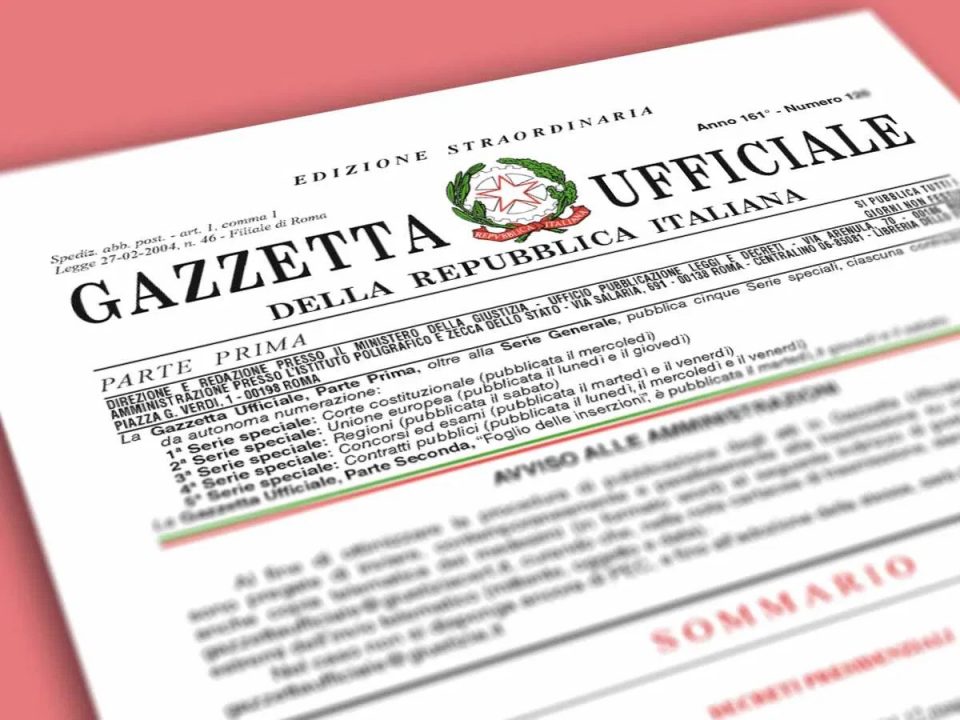
Gli Studi Legali 2021 de Il Sole 24 Ore
21 Mag 2021Pubblicata la relazione annuale 2020 della Corte di Giustizia dell’Unione Europea
2 Ago 2021The European Commission new drafts for VBER and Vertical Guidelines
The result is a clearer, more comprehensive regulation, that faces every facet of the actual market so as to exempt from the application of Art. 101 TFUE those agreements which do not involve an infringement of competition.
In particular, the main themes of the two drafts, from our point of view, are:
Dual distribution agreements
On this regard, the European Commission has examined a specific type of dual role agency agreement: the case of suppliers that have so far distributed their products using independent distributors and who intend to start distributing a limited number of specific products under an agency agreement entered into with their existing independent distributors already active on the same relevant market.
Specifically the Vertical Guidelines Draft highlights how phenomena of this kind could cause a danger of distortion of the competition given that there is the risk that that the pricing policy for the products sold under the agency agreement will influence the incentives of the agent/distributor to price independently the products which he sells as an independent distributor, with the consequence that those two entities act as competing undertakings.
In conclusion, the European Commission provided that such dual role agency agreements do not beneficiate of the exemption set out in Art. 2(1) Draft VBER, unless:
- The distributor is genuinely free to enter into the agency agreement and
- All the relevant risks linked to the sale of goods covered by the agency agreement are borne by the principal, provided these activities and risks can be effectively delineated.
Moreover, the Commission proposes to introduce a new market share threshold for the dual distribution exception, limiting the benefit to agreements where parties’ aggregate market share in the relevant market at retail level does not exceed 10% (Art. 2(4) a) and b))
If the combined market share exceeds this 10% threshold at retail level but remains below the market share thresholds of Article 3 Draft VBER (i.e. 30% of the relevant market), the block exemption will still apply, except for any exchange of information between the parties, which must be assessed under the rules applicable to horizontal agreements (Article 2(5).
Online Platform
With regard to the Online Platforms, the European Commission states in VBER’s considerando n. 12[1] that the Online Platforms do not benefit of the block exemption of Art. 101 (3) since they enter into competition with their principals, acting as independent economic operators and not as part of the undertakings of the sellers to which they provide online intermediation services.
The fact itself that the online intermediation services often serve a large number of sellers in parallel prevents them from effectively forming a single economic entity with their principals.
In conclusion, Online Platforms are not qualified as agents for the purpose of applying Art. 101 (1)(§ 44 Guidelines).
However the two drafts, facing that theme, do not examine all the elements that could effectively indicate that the online platform and the supplier/principal do not form a single economic entity and therefore falling under the scope of art. 101 TFUE, such as asking for a higher commission in order to guarantee the client better visibility compared to similar products, imposing sales conditions on the client and others.
Agency Agreement
The Vertical Guidelines Draft contains an important addition regarding so-called “flash title transfer” constructions, whereby the agent (for tax reasons) acquires, for a very brief period of time, the property of the contract goods, while selling them on behalf of the principal (§ 31 (a)).
If the previous version of the VBER wasn’t able to be sufficiently clear whether constructions can fall under the definition of a genuine agency or whether, because of the momentary transfer of ownership to the agent, they should be assessed as distribution agreements, now the new draft is clearer.
It, indeed, clarify that this brief transfer of ownership does not preclude a genuine agency agreement, provided that the agent does not incur any costs or risks related to the transfer.
Elena Scavino
[1] VBER, Considerando n. 12: “Providers of online intermediation services should not benefit from the block exemption established by this Regulation where they have a hybrid function, that is where they sell goods or services in competition with undertakings to which they provide online intermediation services. This is because the retail activities of providers of online intermediation services that have such a hybrid function typically affect inter-brand competition and may therefore raise non-negligible horizontal concerns”.


